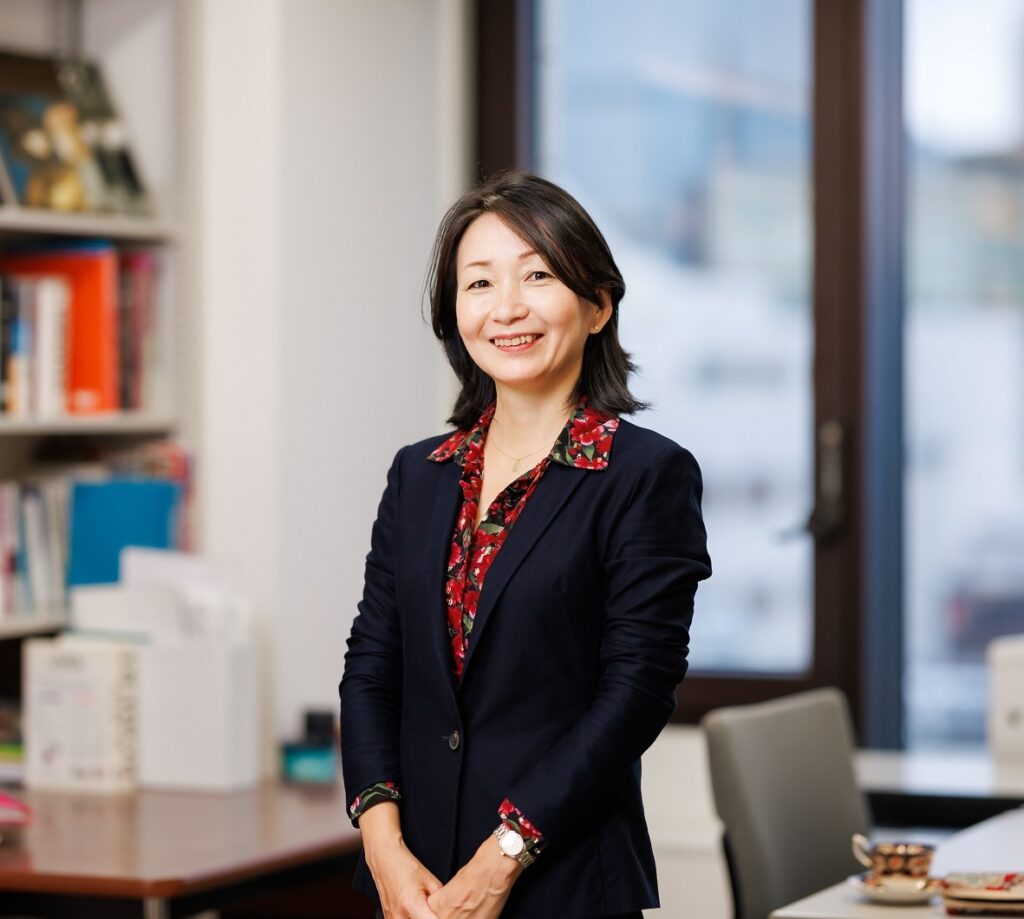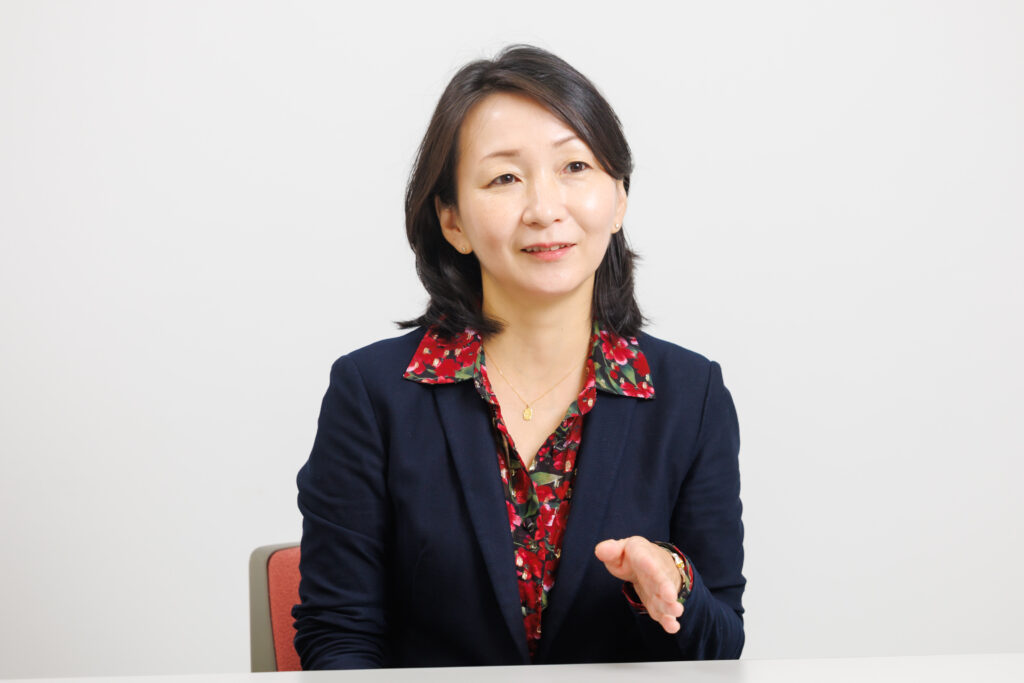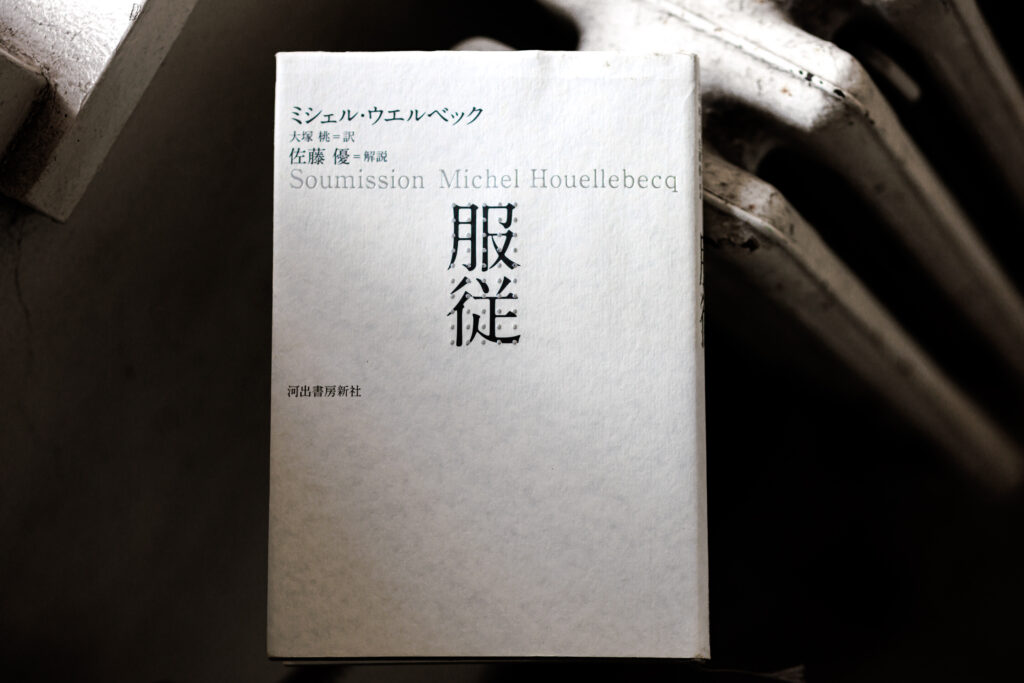
Faculty of Foreign Studies Associate Professor Machiko Kojima research focuses on French diplomacy and international security. France has taken a path independent to the US, but now, when US hegemony is threatened and Western decline seems just around the corner is this still effective? Professor Kojima talks about France’s independent policy.
My specialty is international politics. My research deals with France’s diplomacy from the Cold War era up to today in the field of European defense and security.
France is globally admired for its culture, including art and fine cuisine. But it has also achieved independence in its foreign diplomacy as well. Towards the military superpower that is the US, France has consistently said, “We will ally ourselves with you, but we will not conform.” This diplomatic policy has not waned even now, and is a stance unique to France that is not seen in Japan or other European nations.
Will disarmament really lead to world peace? France’s stance is the exact opposite of Japan

One factor that is inextricably linked to the French diplomatic stance is its nuclear policy. Its nuclear development program, which was pursued in secrecy, was actualized during the administration of President de Gaulle. Together with its ideology of expanding national prestige, nuclear weapons became both a military and political instrument for France. In the Cold War era, the US and the USSR coexisted in a stance of mutual opposition. In contrast to the US choice to coexist with the USSR, France implemented a nuclear policy not only as a deterrent to the USSR threat, but also as a method of preventing French and European interests from being disparaged as well.
Some feel that nuclear arms became obsolete after the Cold War ended. If a nuclear nation chose not to attend the negotiations for the Treaty on the Prohibition of Nuclear Weapons, this would result in international criticism. Nevertheless, France holds firm to possessing nuclear arms because, firstly, the nuclear superpowers of the US and Russia have not agreed to disarmament. The second reason is the lack of a disarmament process based in inspections ensuring that not even one country can escape scrutiny. Additionally, it must also be said that holding onto nuclear weapons is in France’s best interests as well. For France, not only are nuclear weapons the ultimate measure for national defense, they are also a political tool putting them on equal footing with the US. Thus, losing their nuclear arsenal would be problematic.
What France wants is a multipolar world in which Europe protects its own security and conducts diplomacy. This is another reason that France values maintaining a nuclear arsenal. In opposition to the bipolar stability theory, France believes in a multipolar world with autonomy for itself and Europe, even if this leads to instability. In this preference can perhaps be seen a new way of advancing forward independent from the US, a path which emphasizes that it is the very act of being independent from the US which allows the decline of the West to be halted.
A strict stance towards disarmament is the actual recipe for true security
Though France maintains nuclear arms and will not agree to disarmament, this does not mean that it does not want peace. In fact, because France has experienced war, it does not want to be invaded ever again. It feels that if it does not employ nuclear deterrence, it will be invaded.
Peace can be described as a period absent of armed conflict. The fact that even now this kind of negative peace is not easily achievable is a sign of the era we live in. How can we extend the time and space where there is no armed conflict? Disarmament is one method, but there are many pitfalls therein. We cannot ignore France’s position that war could result if disarmament leads to an upsetting of military equilibrium. For the sake of peace, and moreover to avoid a pseudo-peace merely between major powers at the expense of smaller nations, there are many things we can learn from the strict stance of countries like France that criticize disarmament.
When asking why one country chooses a certain route while other countries do not, you cannot find the answer by looking only at the current state of that country. In my case, though I am not a historian, I read historical resources, investigate official documents issued by the government, and conduct interviews with politicians and local French researchers. Through that process, I am gradually beginning to understand why France takes such a strong stance towards maintaining nuclear weapons.
In contrast, for Japan, distancing itself from the US is difficult. This is why I believe there is meaning in learning from France, a country that holds the utmost distaste for any other country juggling its fate.
The book I recommend
“Submission”
by Michel Houellebecq, Japanese translation by Momo Otsuka, published by Kawade Shobo Shinsha

An imaginary story about a French Muslim winning the 2022 presidential election. It is fiction, but real people are included in the story, and it has an extremely nonfiction feel. It is a wonderful novel seeded with problems facing modern France.
-
Machiko Kojima
- Associate Professor
Department of French Studies
Faculty of Foreign Studies
- Associate Professor
-
Graduated from the Keio University Faculty of Policy Management and received her Ph.D. in Political Science within the International Relations Major of University of Paris 1. After serving in roles including Ministry of Foreign Affairs professional researcher and Associate Professor in the Faculty of Economics at the Nagoya University of Commerce & Business, entered current Sophia University Associate Professor role in 2020.
- Department of French Studies
Interviewed: September 2022